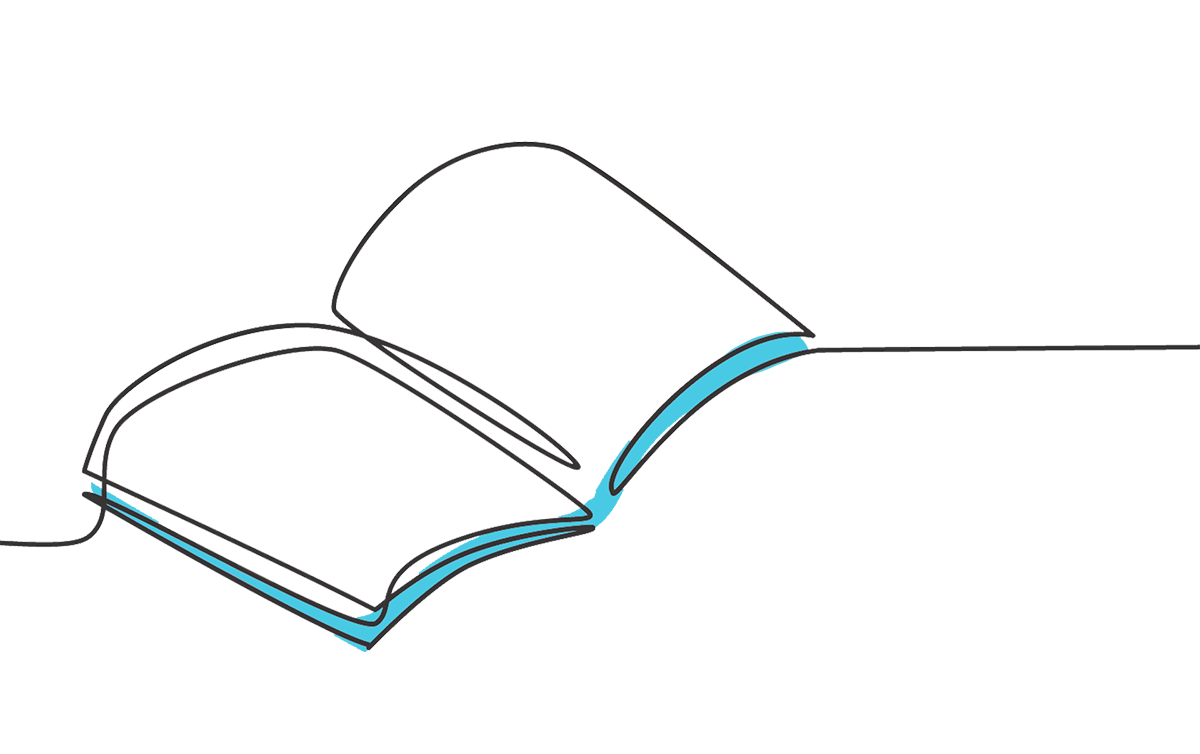
Efficient, accurate data collection increased retailer coverage by 350%, maintaining 98% accuracy.

An industry pioneer providing global retailer data, analytics, and advisory services. Their insights empower strategic growth decisions, leveraging economic indicators and consumer trends worldwide.
Creating comprehensive retailer profiles from fragmented, complex data across multiple brands and regions required extensive manual effort. Forecasting retailer performance accurately, handling multilingual sources, and ensuring data quality demanded robust, automated solutions.


Merit developed custom-built, automated data collection frameworks, significantly improving efficiency and turnaround times. Our advanced news curation platform ensured up-to-date insights, expanding coverage across global retailers and brands with maintained accuracy.
Whatever the challenge, whatever the industry, our teams work side-by-side with clients to design systems that perform today and evolve for tomorrow. That’s why leading businesses trust us to turn their toughest data ambitions into reality.